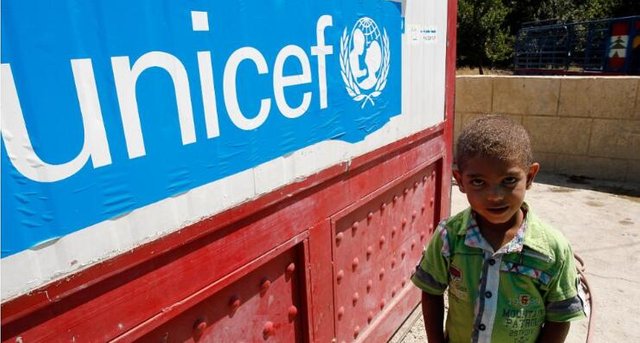UNICEF invests in blockchain startups in six emerging markets
UNICEF will invest in six blockchain projects in emerging markets through its innovation fund. Each project will receive up to $100,000 to develop an open source prototype next year.

The $17.9 million venture fund is part of the UNICEF Innovation Office project, which focuses on cutting-edge technologies such as data science, machine learning, drones, and today's blockchain. So far, it has invested in 33 startups in 23 countries.
“It works like a venture capital fund,” Chris Fabian, chief consultant, told Forbes. “But we only invest in companies in emerging markets, companies that incorporate some human factors, and those that are open source during the investment period. Companies that can be combined with each other.” The
blockchain is not new to UNICEF (the organization already has an in-house team dedicated to the technology and the first blockchain for a South African start-up in 2016) Investment), but these investments constitute the early stages of the fund's first blockchain companies.
Fabian said that although the blockchain is still in its infancy, its goal is to explore the potential of this technology, including in new businesses in emerging markets and as part of UNICEF's own business. For example, UNICEF buys billions of doses of vaccine each year, and Fabian envisions that the blockchain may one day improve the procurement process. He said: "We believe that these provocative actions are the beginning of a learning journey, and we are finally able to integrate some of the content into a larger work.
These six projects - Argentina's atix Labs, Mexico's Onesmart and Prescrypto Statwig in India, Utopixar in Tunisia, and W3Engineers in Bangladesh – selected from more than 100 applications. They come up with solutions to various global problems, such as expanding the use of electronic prescriptions, making people more affordable. Mobile phones and financing channels to improve local social impact projects.
Innovation fund manager Sunita Grote said the fund is looking for projects in more than 190 countries operated by UNICEF, which are willing to open their own technologies and at least There is an early prototype that can be evaluated. The applicant's team is also particularly important to reflect gender and other kinds of diversity. Grote said: "We know this will make the team more efficient. ”
Block chain founder of the electronic prescription startups Prescrypto of Everardo Barojas said UNICEF's fund is the right choice for his company. “They support this positive impact, especially for underrepresented communities,” he said. Prescrypto will use its new funding to prepare for larger production and support the communities around the project. It also plans to adopt regulatory standards in countries other than Mexico (such as Chile) in order to expand its business.
Audrey Tan, project director at Atix Labs, found UNICEF funding opportunities through a blockchain female telegraph chat room. “This is also a coincidence,” she said. Atix Labs' goal is to make cross-border financing more democratic, convenient and transparent, and will use this investment to continue to launch a pilot product to local communities in Southeast Asia.
In addition to seed investment, the six startups will also have access to a network of UN experts, partners and mentors, and can get help to ensure the scale of the second round of investment. UNICEF is also working with other donors such as the Gates Foundation to make it easier for companies to get support after the investment fund's investment period ends. The six companies will hold a seminar in New York in January next year.
Congratulations @excitecontent! You have completed the following achievement on the Steem blockchain and have been rewarded with new badge(s) :
Click here to view your Board of Honor
If you no longer want to receive notifications, reply to this comment with the word
STOP